Archaeological Theory: Who Sets the Agenda?
Introduction: The sources of archaeological theory Norman Yoffee, and Andrew Sherratt Part I. The Social Context of Archaeological Theory: 1. Limits to a post-processual archaeology (or The dangers of a new scholasticism) Philip L. Kohl 2. A proliferation of new archaeologists 'Beyond objectivism and relativism' Alison Wylie 3. Ambition, deference, discrepancy, consumption the intellectual background to a post-processual archaeology Christopher Chippendale Part II. Archaeological Theory from the Paleolithic to the State: 4. Ancestors and agendas Clive Gamble 5. After social evolution: a new archaeological agenda? Stephen Shennan 6. Too many chiefs? (or, Safe texts for the 90s) Norman Yoffee Part III. Case-Studies in Archaeological Theory and Practice 7. When is a symbol archaeologically meaningful? Meaning, function and prehistoric visual arts Kelley Hays 8. Re-fitting the 'cracked and broken facade': the case for empiricism in post-processual ethnoarchaeology Miriam Start 9. Communication and the importance of disciplinary communities: who owns the past? Tim Murray Part IV. Postscript and Epilogue: 10. The relativity of theory Andrew Sherratt 11. Archaeology: the loss of nerve Richard Bradley.
{{comment.content}}
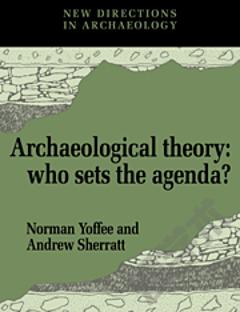
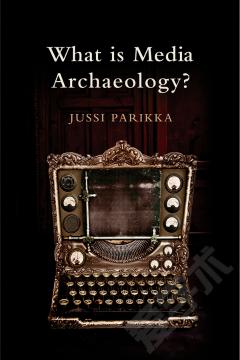
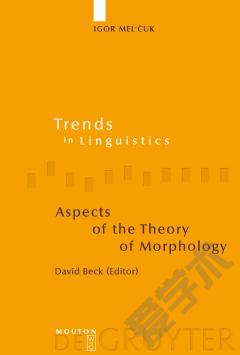
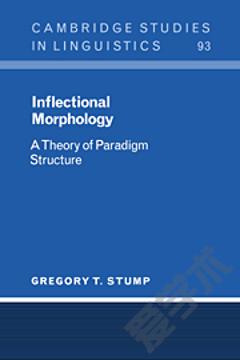
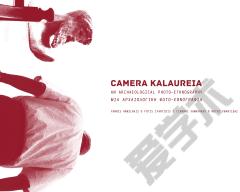
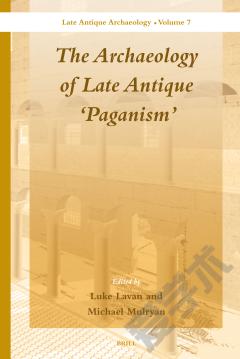


 京公网安备 11010802027623号
京公网安备 11010802027623号